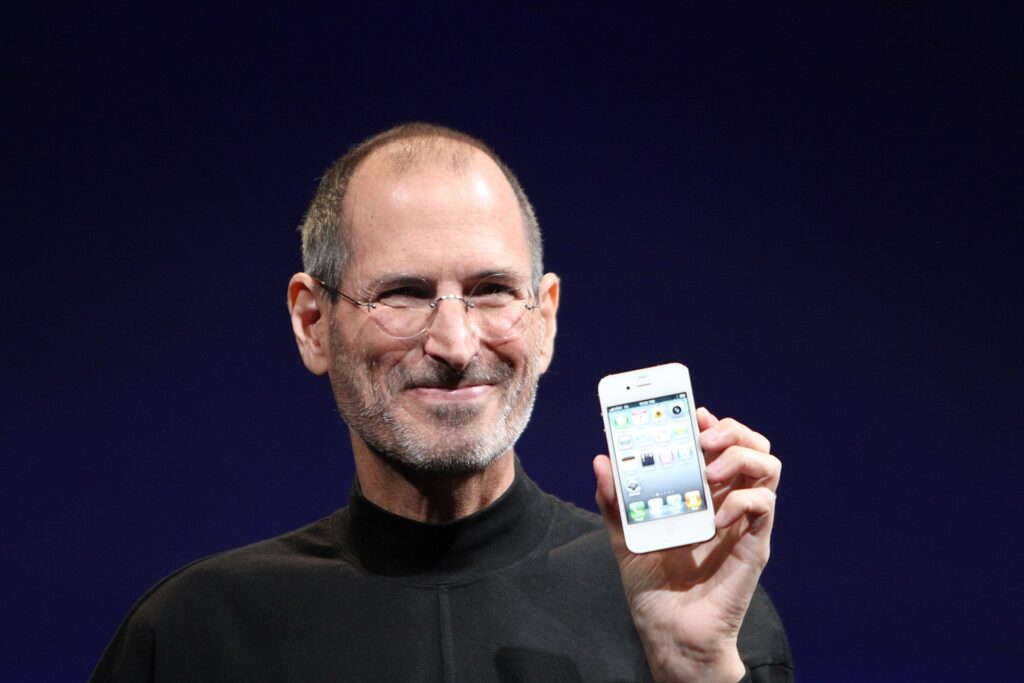

Obituaries are best written before death, and in the media they are. They can be written in relative calm and closer to the truth; after death the temptation is to use superlatives and become superficial. But in the case of Steve Jobs it had all been written long before his untimely death. That he was a visionary, a genuine inspiration and a work tyrant is well documented. Apple pioneered icons, and in a very real sense Steve Jobs was the biggest of the lot for the Silicon Valley generation.
The BBC website obituary mentions that he “dropped out of college after one term and went to work for the video game manufacturer Atari with the idea of raising enough money to travel to India.” The drop-out path from academia was well-trodden by many of the IT innovators; compare Bill Gates for one. Like George Harrison of the Beatles, Steve Jobs adorned Indian clothes and became a vegetarian. And just as Apple records became the label of the Beatles, so the first Apple computer, the outcome of his collaboration with Steve Wozniak, was named after Steve Jobs’ favorite fruit. And it was the first computer to be sold straight out of the box. This combination of designer functionality and user-friendly simplicity was probably the most innovative aspect of Apple.
But Apple (and Macintosh) was ahead of the Moore’s Law curve. Scale was not on their side, and therefore nor was pricing. The markets were dominated by enterprise systems. That had all changed by the time Steve Jobs returned to running Apple. Mass consumer-led markets in affordable Internet-connected wireless devices were rapidly emerging as the new cash cows and just starting was the shift from hardware and software OS to the era of ubiquitous apps. People make history, but even more history makes people. Steve Jobs was a man of our times.
Theorists of innovation and entrepreneurship will no doubt mine the history of Steve Jobs, codify it and analyze it, and even set examination papers on it. But if history makes the person, they better not idolize Steve Jobs at the expense of the conditions that allowed him to influence and to thrive. He was his own brilliant man. As Marlene Dietrich says about the police Captain Hank Quinlan character played by Orson Wells in A Touch of Evil when his body is floating in the river and a journalist asks “who was he?” she replies simply, “he was some kind of man. What does it matter what you say about people? ”
zp8497586rq